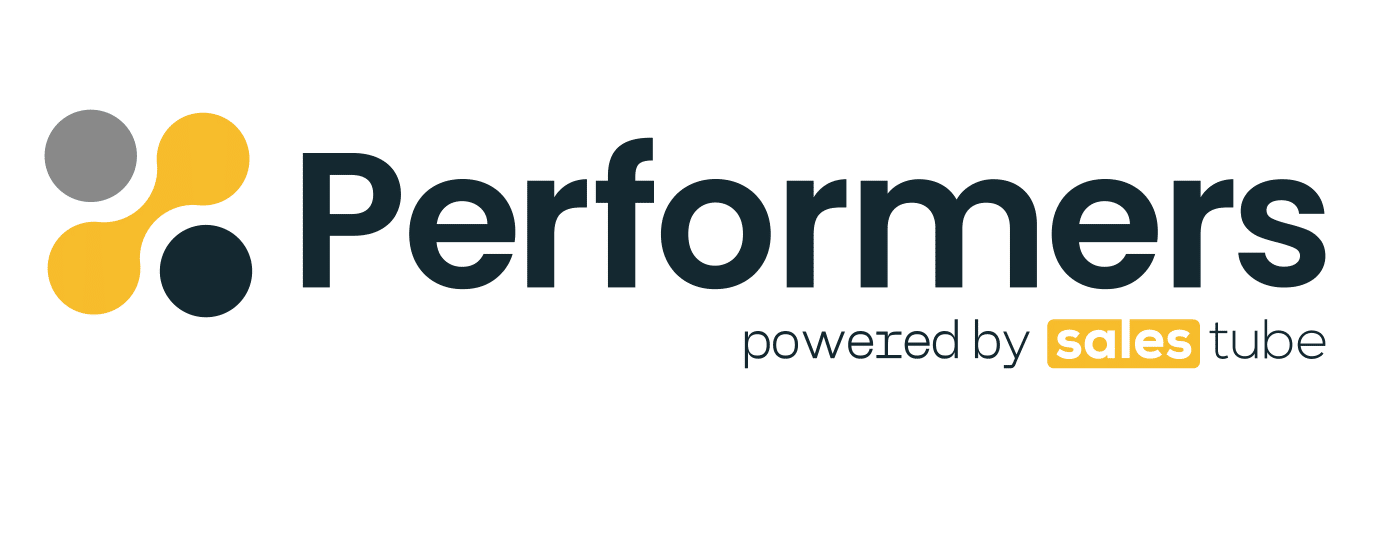How to monitor your brand in search results – protect your adds from ad-hijackers
Traffic from branding campaigns is one of the most valuable sources of leads in the search engine because it comes with the cheapest conversions. Our brand can be mentioned by our competition, resellers, coupon websites, price comparing services and many more. Most of them are harmless, but it’s good to monitor who and how is using our brand keywords mostly because of ad-hijackers. Ad-hijackers are manipulating ads in the search engine in a way that their ads are showing in the place of our ads - and it’s very hard to catch it. Ads are taken over for the purpose of adding the conversion to the attackers’ path to purchase.
How do ad-hijackers work?
Ad-hijackers are using our domain, copying the text of our ad and using a higher CPC to show their ad from their Google Ads account. In that way, you can see the same ad as ours and it’s hard to tell right away that something is wrong with it. User, after clicking on this ad, receives a cookie or the URL based on which transaction or lead is assigned to the hijacker and not our Google Ads campaign.
Another way in which ad-hijackers are taking over our traffic is showing ads for brand keywords, but with other domains. After clicking on this type of ad, the user is directed to the empty website and then, automatically, to the ad-hijacker website. Because of this, our transaction is not assigned to Google Ads campaign.
To make tracking them even harder, ad-hijackers are often:
- showing their adds only at night or after work hours
- excluding the location of brand office from targeting
- using less popular search engines in which we don’t usually run campaigns (like Bing)
- not showing their ads all the time but for very short periods and in picked locations or cities
How to track ad-hijackers that are using our brand?
In the search engine results, there can be only one ad with a particular domain, so our is disappearing. In the report of auctions available in Google Ads account we won’t see that someone is currently using our domain, because it will be aggregated to one line with our own statistics. The only way to see an active ad-hijacker from Google Ads panel is to observe the number of clicks and rise of CPC without any particular reason (which can be for example new competition in the auction).
Another alarming signal should be a sudden rise in single referrals. Similar rates of conversion for referral and branding campaigns in Google Ads should make us suspicious because usually branding campaigns have much better results than other channels.
Manual tracking cases of violation can be very hard because of the way ad-hijackers are showing their ads. Suspicious creation can be checked by copying its URL by clicking on it with the right mouse button and walking through its all redirections with for example wheregoes.com.
Much more effective solution is monitoring brands with dedicated tools like BrandVerity, The Search Monitor, Pointer Brand Protection.
How does a brand monitoring tool work?
Brand monitoring tools are automatically scanning search results up to 70 times per day for chosen keywords in multiple locations, which results in a much higher chance to track brand violations. We are checking not only Google, but also other search engines. Every single case of using brand name in search is noted and documented with a screenshot. That kind of detailed report makes communication with affiliates much easier.
Campaigns based on our brand keywords are a great form of promotion - they are cheaper in terms of CPC, they let us use more space in search engines and they gain more traffic. Resigning from them just because we are afraid of ad-hijacks attacks makes no sense. A much better solution is to analyze the results and pay attention to the details. To do that in the most efficient way and keep our team productive we recommend making that process automatic. Thanks to dedicated tools our SEM specialists save time and can focus on improving business results.
